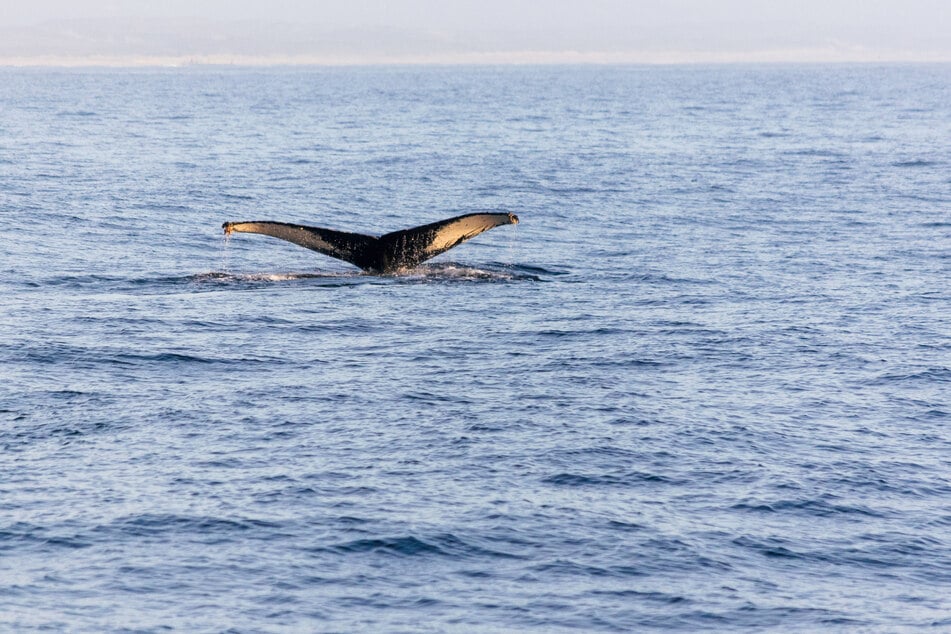Singing blue whales bring new hope: "We are hearing them everywhere"
Antarctica - Researchers have released a report that found, through data collected over the last two decades, increasing blue whale "song sounds" in Antarctic waters, potentially indicating a growth in the animal populations.

Scientists analyzed data from seven acoustic surveys of the Antarctic region, discovering that sonic calls, known by many as the "song" of the blue whale, have either increased in frequency or in volume over the last 15 years.
Blue whales use their sonic calls to communicate with one another, with different calls being more common in some seasons and for various purposes.
Published in the journal of Frontiers in Marine Science, the analysis suggests that populations of the marine species, which is classified as critically endangered on the IUCN red list, could be increasing near Antarctica.
Surveys made between 2006 and 2021, according to the study, revealed that "the proportion of [recordings] with calls present was significantly higher in the more recent years for seven of the 15 combinations of years, regions, and call type."
The report explained that these discoveries could indicate a few things including "differences in probability of detection, whale behavior, whale distribution, and abundance," but also warned that the final reason "cannot yet be resolved" without further research.
Scientists rediscovering Antarctic blue whale populations

Dr. Brian Miller, the study's lead author, was quoted in an article penned for Phys.org as saying that the report's analysis "represents the most contemporary circumpolar information on the distribution of these rarely sighted and elusive animals, which were hunted to the brink of extinction during industrial whaling."
In a separate interview with the Australian Broadcasting Corporation, Miller explained that blue whales are very hard to find, despite their extraordinary size. As a result, they have to track them via the "incredibly powerful underwater sounds that can travel across ocean basins" that the Antarctic blue whale creates.
At one point, according to Miller, blue whale populations had decreased to as little as 200 individuals, largely due to devastating whaling practices as well as environmental challenges. Now, a large part of a blue whale acousticians job is to simply keep track of where they are and how they are doing.
"The question on whether or not they are recovering we can't really answer right now," explained Miller. "Our recent research is a snapshot into a sustained effort to study these animals."
"The good news is that we are hearing them everywhere. When they were hunted, they were taken right around Antarctica, and these days we are hearing them right around Antarctica - so that's a message of hope that they are returning to their historic feeding grounds."
"On the more recent surveys, we were hearing them more often. So that suggests that either there are more of these animals, or they are getting louder, or we are getting better at listening for them," said Miller. "All of those things have messages of hope."
Cover photo: IMAGO/Cavan Images

